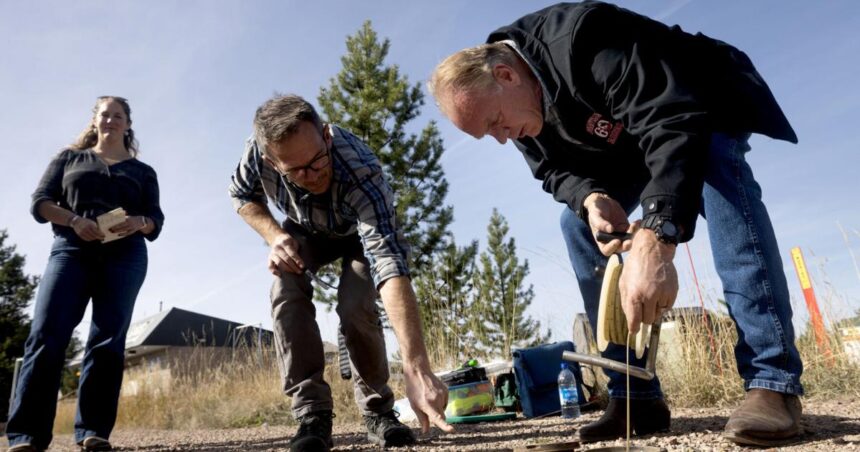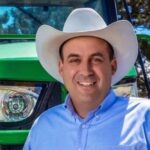As he peered down a 40-foot monitoring well near Seeley Lake’s Elementary School, U.S. Rep. Ryan Zinke said he is focused on building a sewer in the town, including requesting more money in 2025 to complete the project.
Zinke, a Republican who is up for reelection next month running against Democrat Monica Tranel for the western Montana U.S. House seat, previously proposed $10 million in federal dollars to help construct a sewer for Seeley Lake, an unincorporated area of 1,000 residents surrounded by national forest land.
The U.S. Senate still needs to approve the $10 million installment before it’s mediated by a joint chamber group, and then it could be signed into law by President Joe Biden.
People are also reading…
Homes in the Clearwater Valley rely on septic systems for wastewater, which in turn has increased nitrate contaminants within the center of town. Increased regulations and a lack of space for new septic systems have stifled new growth, especially for affordable housing.
Zinke told the Missoulian on Thursday that if he is still in office next year, he would propose another $10 million funding request to finish the sewer project, which was estimated to be $20 million in total.
Travis Ross, left, demonstrates well-monitoring equipment for Rep. Ryan Zinke, right, to test water in Seeley Lake’s sewer system on Friday.
“This is what the government should be doing, at the end of the day the government should invest in infrastructure,” Zinke said in a trip to the town. “You have a tax base that needs this. They can’t afford a $10 or $20 million-dollar project.”
Zinke called the meeting with Missoula County leaders and the Seeley Lake Sewer Board to talk about challenges to the project and the importance of installing a system in the town.
Water tests have shown some areas have nitrates above Clean Water Act standards, according to Chief Health Department Officer Jeanna Miller. Nitrates in high amounts cause human health problems, like cancer.
Further testing of personal care product traces in the water by the sewer district showed that humans were responsible.
“Septic systems are one of the contributing sources of nitrate, the others that can cause issues like this are large-scale agriculture, like a concentrated feeding operation,” Miller said. “Where we see it in areas in the West like this often are communities that are built and developed without a centralized wastewater treatment system.”
This spring, Zinke introduced the initial $10 million funding request to Congress for the Seeley Lake Sewer Board to help pay for a collection plant. Next year, if he’s in office, Zinke’s staff said it will propose an additional $10 million to cover the pipes from the plant to people’s homes.






